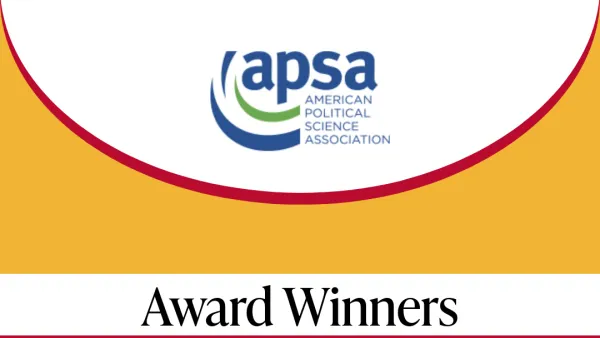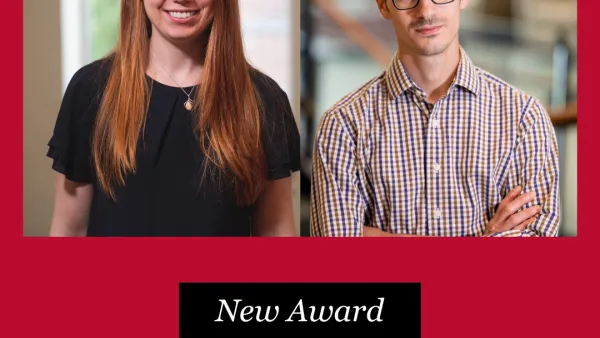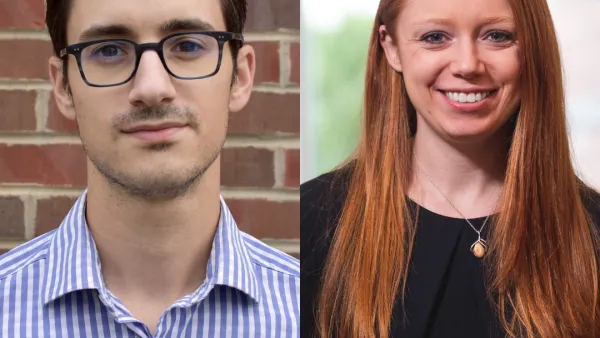Professor Carlson studies American Politics with a focus on political communication and political psychology.
Americans are increasingly concerned about the future of democracy. The virality of misinformation in American politics has led people to question the public’s ability to navigate our complex information environment and make rational choices. At the same time, intensifying affective polarization has driven partisans farther apart, perhaps at a time when we need to come together most. Professor Carlson’s research is uniquely suited to help us understand some of these key challenges in American politics by examining the intersection of information consumption and social interactions about politics. She studies the content, process, and consequences of interpersonal political communication. By critically interrogating the process and content of both online and offline political discussion, Carlson’s work highlights the ways in which the social realities of these interactions might undermine or enhance previously theorized benefits of discussion for political behavior. Her work utilizes survey, experimental, physiological, and social media data and has appeared in published academic articles and three book manuscripts. Carlson’s most recent work builds upon her work on interpersonal political communication to tackle questions directly related to misinformation and partisan media effects.





